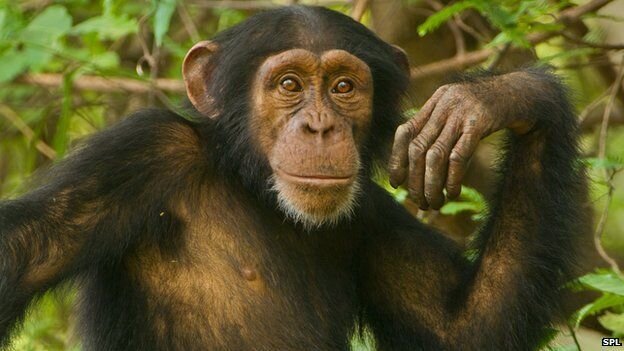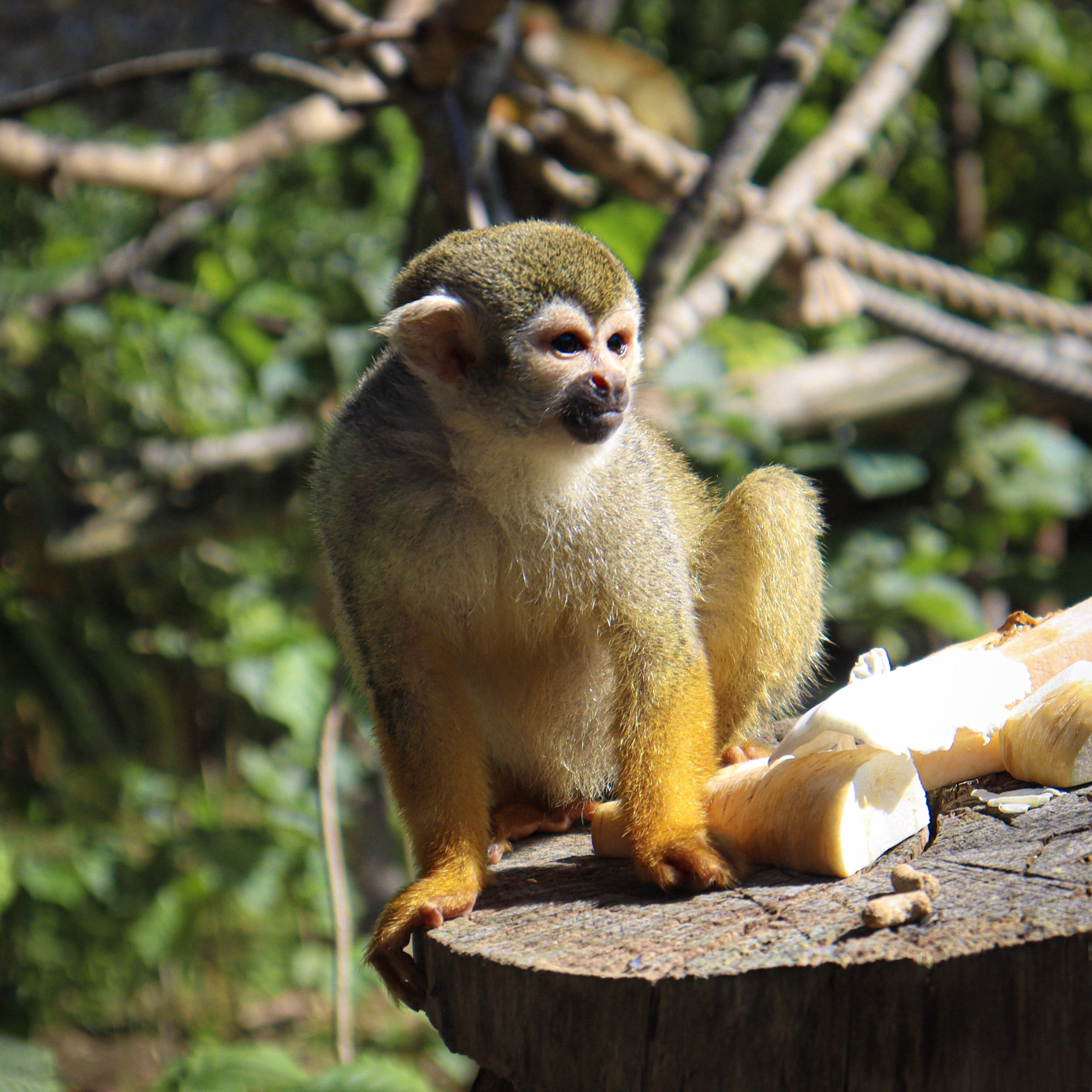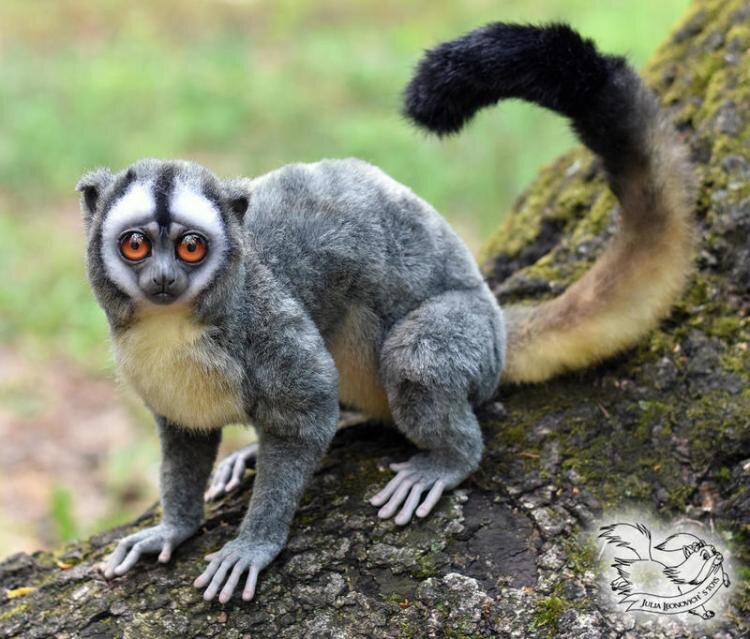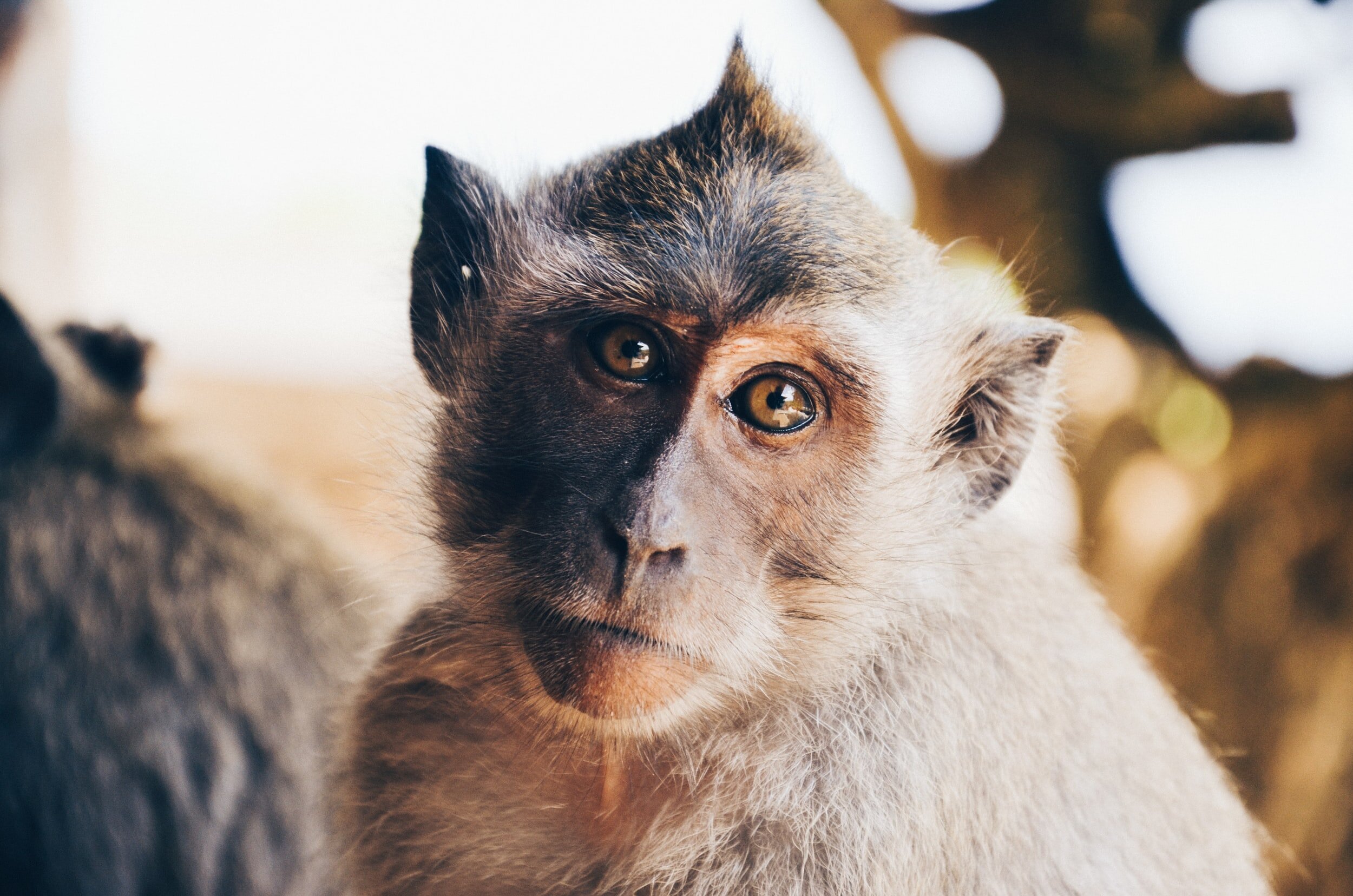Ep. 87 - Peyton Bennight; Yeti's Rodeo Specialist
Today’s COWGIRL Magazine 30 Under 30 Collaboration episode is none other than Peyton Bennight of Yeti. With a unique backstory that has led her to the 30 Under 30 accolade, we were excited to dive into all things Peyton regarding her career and how she got to her role.
Growing Up
“I feel like growing up, being a part of a ranching family growing up instilled so many values that I still hold near and dear today,” says Peyton, who attributes the morals and values of the ranching and rodeo community to her growth in her work, career, and the relationships that she has with those that are still living out the rodeo career and in the cattle industry. “My story … goes through both the cattle industry and the rodeo industry from the beginning.”
Born and raised in Texas, Peyton went to school in Smithville - the location of the movie “Hope Floats” with Harry Conick Junior and Sandra Bullock. In fact, Peyton’s entire family got to be an extra in it but she was too little at the time. Attending Texas A&M University, Peyton grew up from a young age on a cow-calf operation, and rodeo’d her entire life.
“I come from a steer wrestling family - my dad was a steer wrestler and my uncle - but then they became [timed event] stock contractors” for both amateur and youth rodeo circuits. This meant that at a young age, Peyton was the first one to the rodeo to help sort the calves and goats, and the last one to leave. “It was fun to compete, but it was also a job in my family’s eyes because it was our second source of income.”
While fun to be a part of, it was also educational for Peyton to know what it takes to make a rodeo happen and from a very young age. They even dabbled in some rough stock at one point, straying away from just timed event animals, and all due to Peyton’s dad being a buyer at an auction yard. The occasional “potential” bucking stock would come through.
“There would be some diamonds in the rough,” says Peyton with a laugh about one that bucked all the kids off at the youth rodeo’s so they took him, once, to a amateur rodeo. “It was cool though, that something that was at the sale barn that was going to go to a packing plant ended up bucking for them.”
Junior & Youth Rodeo’s
Competing in every event that she could enter, outside of rough stock, Peyton would always aim for the all around title. With a trailer full of horses and multiple trailers of stock for the rodeo, they were always busy weekends. Despite her love of doing everything, she was also pretty active in sports, and would get spread thinned.
One of the events that Peyton despised was goat tying. Peyton can’t help but laugh remembering her good friend, Jimmie Smith, who was from the town over, would ask her about what the different goats would do and she’d never have an idea because she wouldn’t practice between. To make things even funnier, Peyton made it to finals every year in the goat tying, which she jokes may have been God’s way of giving the audience some humor.
Talking Horses
Depending on the stage of life, Peyton’s taste in horses has changed. As a child, it was whatever deal her dad could bring home from the sale barn but, as she got older and more competitive, she started looking at even specific horses.
“Back in that day, kid youth horses, some were papered but not all of them were. It wasn’t as huge of a deal as it is now so most of my first horses were grade. My first papered horse was Junior High and it was a Colonel Freckles - a bloodline I still ride today,” says Peyton who just purchased one. “I like more free-running, cowy horses, but at my house, even when I went and bought the barrel horse in high school, if it was at my house it wasn’t going to just learn speed events it was also going to learn how to watch a cow…”
Ranching & Mother Nature
A big part of having a cattle operation, it can be extremely rigorous. Mother Nature plays a significant role in whether or not you’re going to succeed or not that year. The Bennight ranch is just forty minutes outside of Austin so it’s considered small scale but the heartbreak stays the same when you watch a heifer lose her first calf, watch a cow your grandfather gave you pass, and so many other number of things. In fact, Peyton had two horses get struck by the same piece of lightning and die in one strike.
“It was years ago, but it was two weeks before state finals and it was my main horse and another horse we had had for years and years, they were just out in the pasture and gone the next second,” says Peyton. “The ranching aspect teaches you such a strict scheduling of your life. It’s a non-stop job - there is never a day off.”
In 2020, the Texas freeze meant that the entire family was out in it every day because Texas wasn’t equipped for that kind of weather. Trying to keep water troughs open, hooves cleaned, and more - all while they had no idea what to expect. Additionally, it was calving season for them which added another dimension. It depended on the grace of God whether or not your cattle survived or not. Neighbors just across the river lost five to six babies a night, whereas Peyton’s family only had some that lost the tips of their ears.
“At least we were able to have some value out of that [moment], where others weren’t so lucky and lost a lot,” says Peyton. “That’s where our sense of community in the industry comes - we were all calling each other and checking on each other … because that is our livelihood… That’s just the type of people that are in this industry, nobody is going to do it [halfway].”
English TikToker always posts TikToks about how amazed he is with the size of the United States and how big Texas is. This just shows that there are aspects of the US that have no idea about some of these natural disasters whereas other areas are more accustomed. That community meant that ranchers from those cold areas were sharing ways to survive the cold like needles in the floats and more.
The ice was so thick on the water troughs that Peyton could actually stand on the ice and it would hold her weight. It would take her over 30 minutes with an axe to even make a dent in the troughs to provide water. But what she did learn, was that goldfish are the hardiest creatures out there.
“I guess they were swimming underneath [the ice], because the top part was frozen but there was water under,” says Peyton with a laugh. “Beats me!”
Growing Up In A Sale Barn
You never know what is going to go through a Texas sale barn but growing up in the barns was a great education, sitting in the sale barns with her dad who was a buyer. Knowing the operations of the barns and how different barns operate differently was a great experience.
“Our auctions aren’t just limited to cattle, so we run through sheep, goats, etc.” says Peyton, whose parents are in their first five years of owning a sale barn. “It’s been crazy! We had zebra one week … this past month we’ve had Scottish Highlanders …” and a plethora of other random breeds, species and varieties. This year already, Peyton has bought two or three different auction horses.
“The one that I like the most and he has a great home now, I’m so … glad that he was actually valuable and has worked out so well,” says Peyton. “He was just a bay, streak faced horse, and the sheriff’s department had found him on the side of the road. They held him for 90 days … and no one came and claimed him… they aged him at fifteen and he had a brand that I had seen before but I couldn’t quite pinpoint what it was.”
A bit underfed, Peyton got him fed up, his feet trimmed, and doctor’d. The night at the sale barn, she jumped on him in the sale barn and he was totally fine. Standing quiet with a kind eye, he is a horse that has definitely seen some years. He couldn’t move fast enough for anything that she would use at the ranch but a nearby family was looking for the first horse for their little girl. Together they are the perfect match and he’s as fat as can be, and the family almost posts more pictures of him than of the kids.
“I don’t know who broke him, but whoever did did a great job,” says Peyton, laughing about the kid shenanigans the kids have done.
Career
Texas A&M University
“I don’t know if I had a choice,” Peyton jokes about attending Texas A&M University. “Our family has always been Aggie fans in general and my aunt and uncle both went to A&M.” A&M was close to proximity to her other choice of Tarleton, where she had actually paid her deposit before getting accepted in A&M. More convenient for “everybody involved,” Peyton had family, friends, and more in the area.
Growing up, Peyton really wanted to be a veterinarian and that’s why A&M was the end goal. As she got through high school, however, eight years of vet school didn’t seem fun and with animal science being the closest she could get to pre-vet, it was something that Peyton was familiar with and she knew she wanted to be in the industry in some capacity.
Being an ag teacher kind of just fell into Peyton’s lap, it was something that she never intended to do despite her aunt being an ag teacher. “After college, I was never the type to sit and wait for the perfect job - I was going to work until I found the perfect job,” says Peyton, who was an animal husbandry assistant at a cancer research facility where she took care of six hundred squirrel monkeys.
You heard that right - SQUIRREL MONKEY’S!
The little monkey in the movie George of the Jungle, they have yellow undertones and long tails that they use as a fifth appendage. “It was an interesting five months of my life,” says Peyton. The facility in general had over three thousand monkey’s that were cared for across the board including Reese’s Monkey, Owl Monkey, and the Chimpanzee’s as well as the squirrel monkeys.
“Basically took care of them, assisted in surgeries, observations, feeding time, anything like that - lots of pen cleaning!” A learning experience for sure, the squirrel monkeys are also oftentimes pets for humans, but these monkeys were still in their colonies and not very nice. There were a couple that had been raised by handlers as bottle babies, so they’d ride on your shoulder, but they had to be in full PPE around them. They knew you were wearing a mask and so they’d love to pull it and pop it back in your face - they like to humor themself for sure!
As she was working with the monkey’s, Peyton’s high school ag teacher called her and told her that she was going to be working as an ag teacher in a school district closer to her family. At the time, Peyton thought, “Anything is better than getting crapped on by monkey’s all day,” so she took the job.
“Honestly, I really loved the educational portion of teaching and providing that line of open communication of the ranch and agriculture industry as a whole,” says Peyton, who came from a pretty rural school where a lot of the kids had that background, but some of the kids didn’t. It was her favorite part to help them make connections to the industry. Despite being something that she enjoyed, it wasn’t something that she saw as a forever position.
YETI
Staying Authentic to the Roots
Peyton has been the Rodeo Specialist and marketing specialist for YETI for just over three years and she calls her transition to the position a “God thing.” Working with the rodeo and ranch sponsorships, as well as digital assets that they use in the rodeo and ranch community to ensure that they are authentic to the brand.
Keeping a finger on the pulse of the trends in the industry and being a part of the community that they are trying to market too. If you are detached, you are going to fall behind on what you are doing. Yeti has done a great job of connecting with individuals that are authentic in the spaces from the get-go from hunting specialists, fishing specialists, rock climbing specialists and more. Having these experiences in these industries before taking on their role in the space.
Best Parts of Your Job
“The people. Also just being able to still be able to be involved in rodeo without necessarily driving up and down the road 365 days out of the year with a horse,” says Peyton. While she’s not saying that she doesn’t dream of doing that, but she’s always thought that she would have a simple hometown job and this position has changed her life by connecting her to places that she’d never travel to on her own. Attending some of the greatest rodeos in the world and interacting with new people from all over that have the same passion for the same industry, getting to see their style and take on it, is a really rewarding component of the job. The constant wanting to learn more and more for something that you are so in love with and passionate about.
Challenging Parts of Your Job
Constantly driving and motivating yourself to do more and having the foresight of what is coming next. “This industry is forever changing and it’s are job to stay on top of that and sometimes it’s challenging … you take your focus off of it for a little bit and it’s evolved and you have to play catch up. It’s constantly trying to keep up with the community.”
COWGIRL Magazine 30 Under 30 Award 2021
“It was really interesting honestly - I didn’t expect to get it!” Says Peyton who was honored to get it after seeing the prestigious class of 2020, many of which she feels lucky to work alongside with in the industry. “I was just really amazed and super grateful and gracious and blessed to be even seen on the same level as the women that are in that group. Within this industry, there are so many inspiring women, and to be acknowledged with them is something I’m grateful for.
When it comes to application advice for future classes, it’s great to have mentors that will help you. “I’m the kind of person who doesn’t like doing something unless I have every detail about it,” says Peyton. “I am going to do this for myself, I feel like I can do it and the worst thing they can say is ‘no!’” You could get picked. You could not get picked, but that doesn’t determine your value in the industry. “Just go out there and try it!”
Mentors in the industry are very important and Peyton’s Aunt has been a great inspiration to her as an example of being strong. Other mentors took Peyton under their wing to help her make industry connections despite her being shy when you first meet her. There is nothing stopping women in the western industry in anything that they want to do. Be the CEO of the company, start your own business, be a director within a big rodeo association - there is nothing, in Peyton’s opinion, that as long as we keep pushing the envelope there is no ceiling in sight.
Follow along with Peyton on social media!





